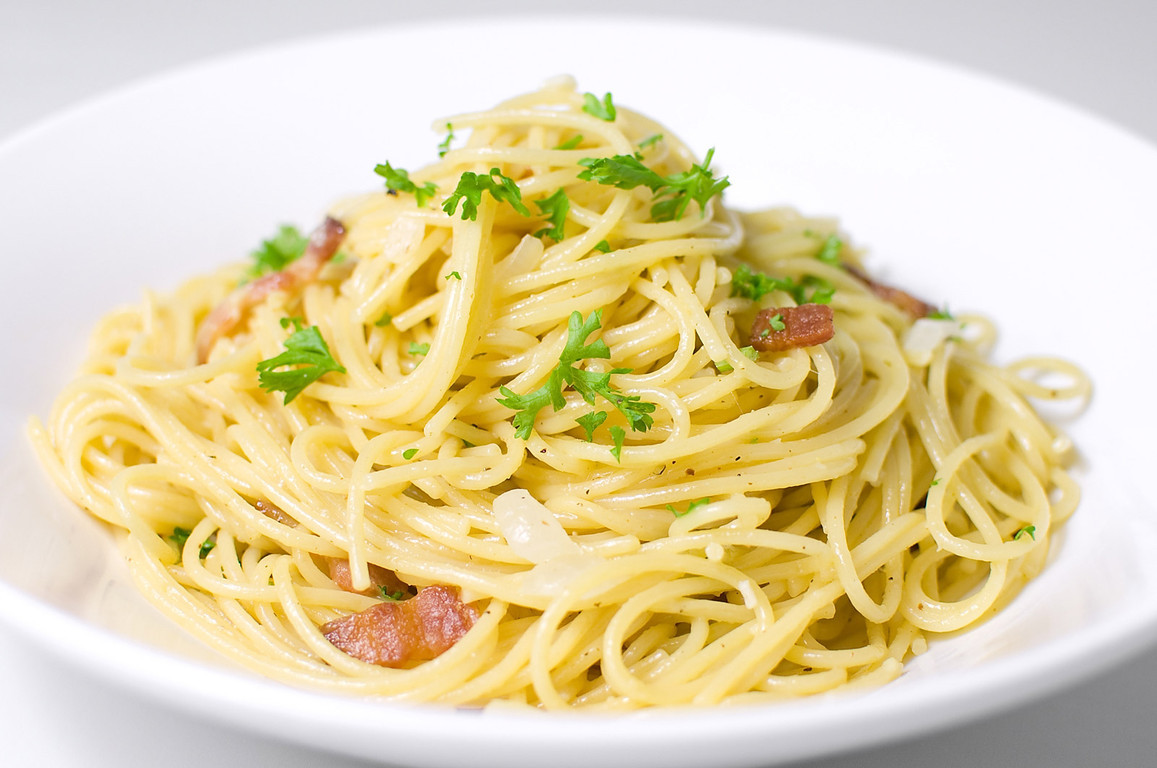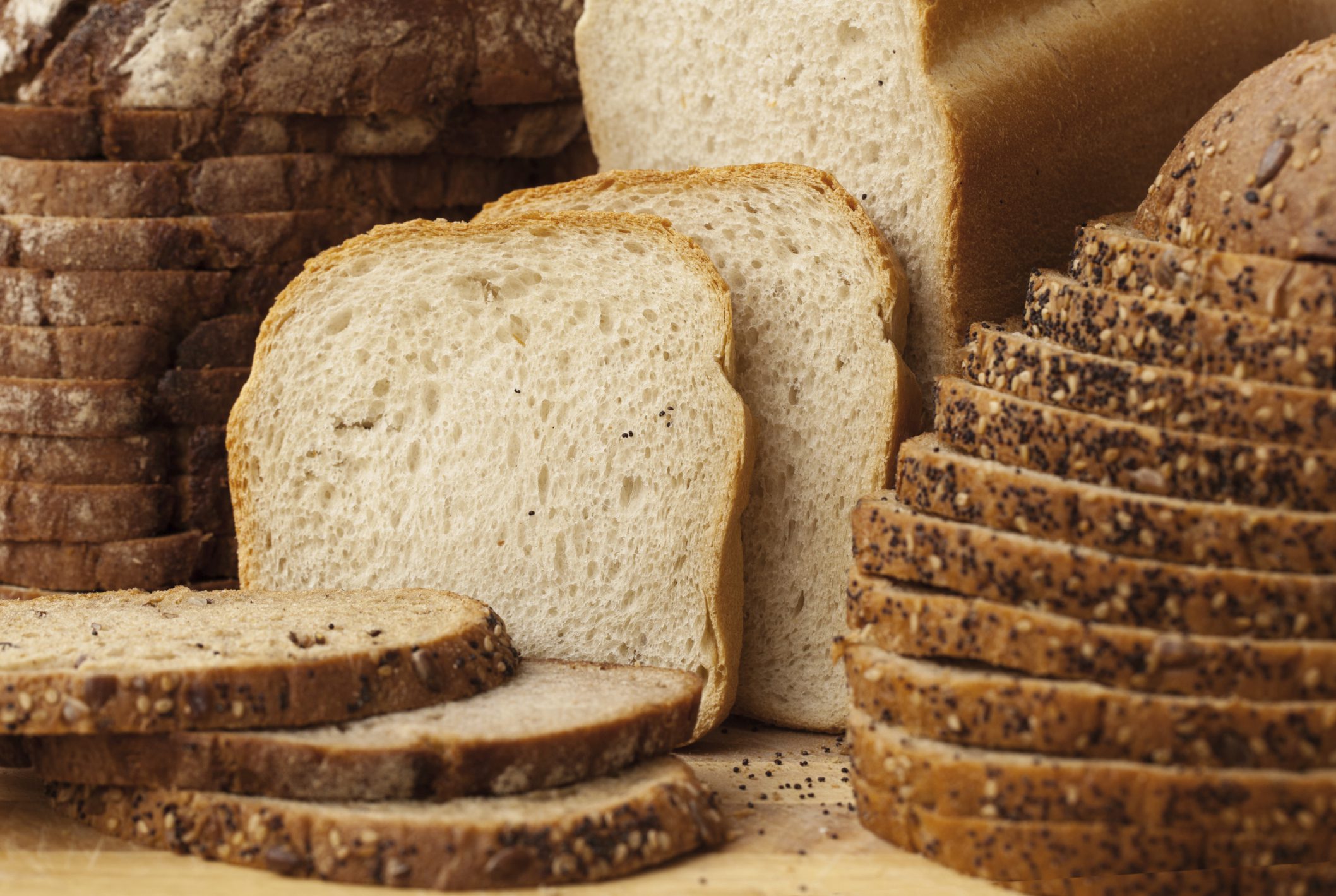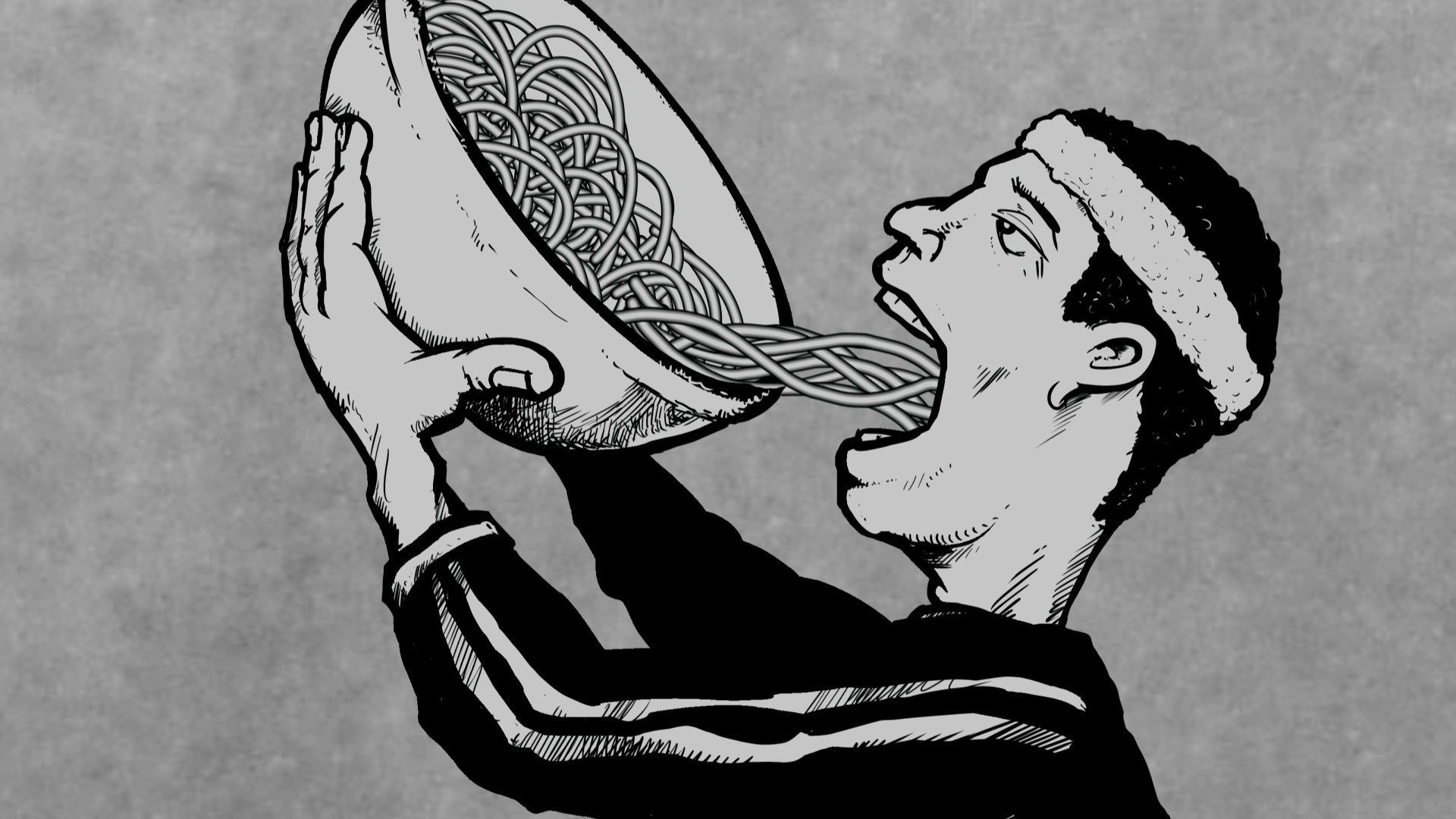6 common carb-loading mistakes
Avoid these blunders in the days leading up to your big race

We’re well into fall racing season, which, of course, is synonymous with carb-loading season. If you’re running a longer race like a marathon, making sure your glycogen stores are topped up so you have plenty of fuel to keep you going to the finish line is crucial to your performance. Contrary to what you might think, carb-loading isn’t quite as simple as just pounding a bunch of pasta the night before the race, and it’s easy to mess it up. If you’ve completed your goal race, you may have already made some of the following mistakes, but if you haven’t, avoid these blunders leading up to the big day.

RELATED: The 9 ideal foods to eat before your marathon
Depleting before loading
Some runners believe that in order to carb-load effectively, you must first deplete your carbohydrate stores by doing a big workout followed by a few days of eating zero carbs. Studies have proven this strategy does more harm than good, but some runners still adhere to it. A carb-loading plan that doesn’t involve depletion is just as effective, and won’t leave you tired, cranky and sore.
Doing it all at once
The classic carb-loading strategy is to eat a big plate of pasta the night before the race, but if you do this, you’re not giving your body enough time to carb-load effectively. A better strategy is to start increasing your carbohydrate intake three to four days before your race to give your body ample time to fill its stores.

Over-eating
Another common misconception is that you have to over-eat in order to carb load effectively. While there’s nothing wrong with occasionally eating a little too much, it’s not what you want to be doing in the days leading up to your race because it’ll leave you feeling sluggish and heavy. A few days before your race, simply start adjusting your meals to have a higher carbohydrate content than usual. For example, have a bowl of oatmeal instead of eggs for breakfast, have a sandwich instead of a salad for lunch, and add an extra scoop of rice, rather than veggies or meat, to your plate at dinner.
Eating too much fibre
When you’re increasing your carbohydrate intake, it’s easy for your fibre intake to creep up as well. Normally, eating more fibre is a good thing, but ahead of a race, it’s not ideal because it can be more demanding on your GI system. In the last few days before a race, choose options like white rice and white pasta to avoid tummy troubles on race day.
You didn’t practice ahead of time
You’ve likely heard the old race-day adage, “nothing new, only tried and true,” and this definitely applies to carb loading. Carb-loading can be a bit of a nuanced process, so it’s important to practice it ahead of time to figure out what works for you and what doesn’t. Try practicing your carb-loading plan before a couple of your long runs to iron out the kinks so there won’t be any surprises on race day.

RELATED: Fuelling for the marathon
You don’t have a plan
This is the last — and perhaps the biggest — mistake runners make. Just like you planned out the rest of your training, you need to plan your carb-loading strategy for the final few days before the race so you have the right ingredients on hand and you’re not scrambling and making silly mistakes. If you’re not sure how to make a carb-loading plan, ask an experienced coach or a dietitian who specializes in working with runners for help.


